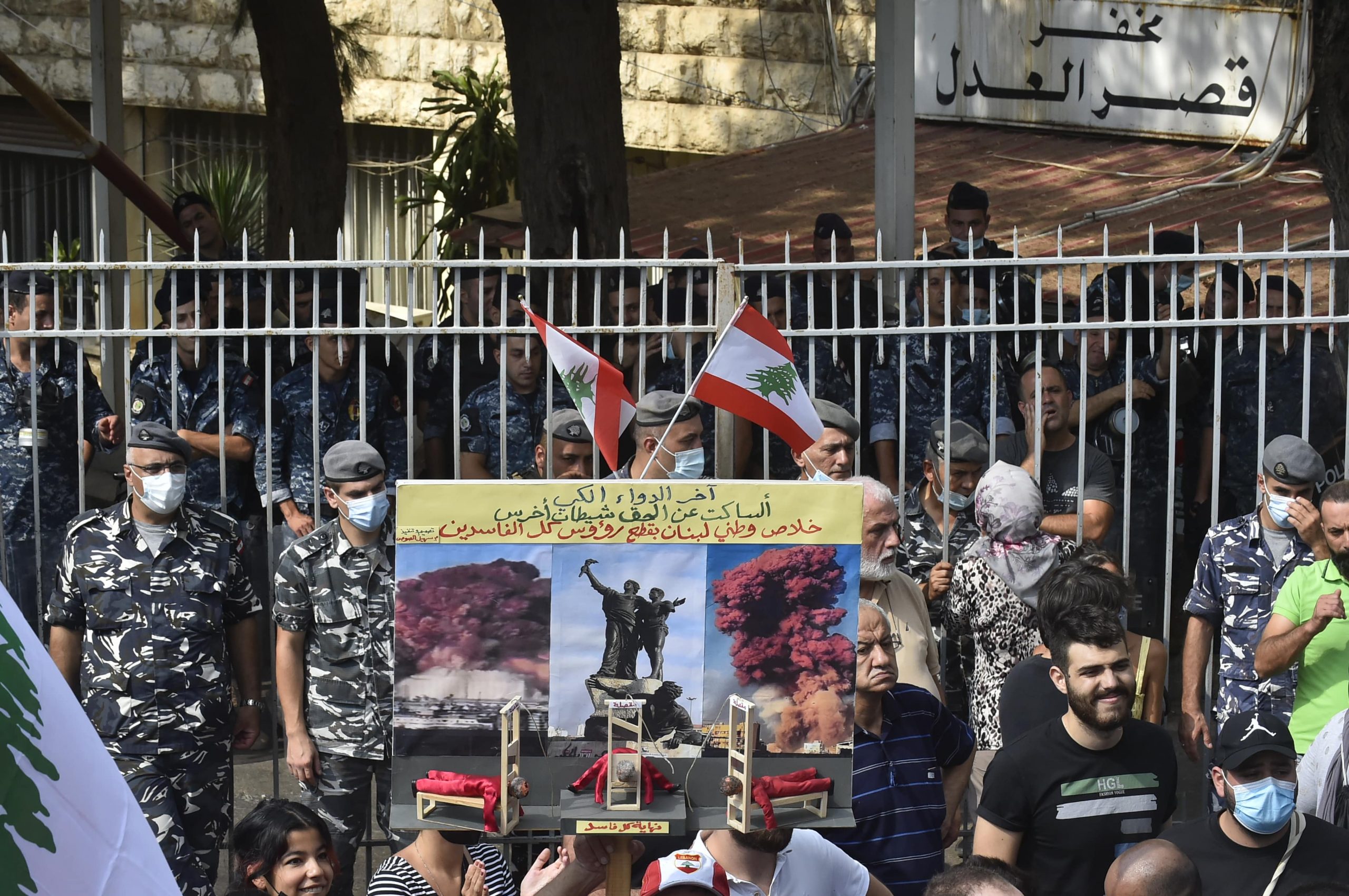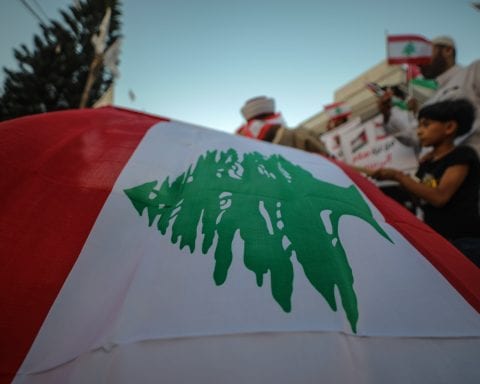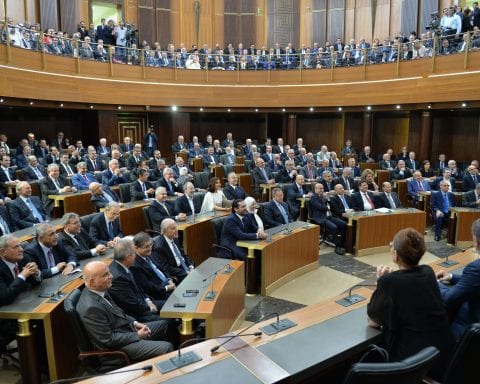When Lebanon’s billionaire Prime Minister Najib Mikati remarkably achieved forming a new cabinet on September 10, the political deadlock that lasted for 13 months finally came to an end. The removal of one of the greatest obstacles to reform suddenly replaced disappointment and anger with a piece of hope for some. This hope was accompanied by Judge Tarek Bitar’s accelerated efforts, who is responsible for looking at the Beirut blast case, in the prosecution of those responsible for the Beirut Port blast.
In July, Bitar began going after top politicians, security chiefs, and judges. He asked the parliament to lift the immunity of former Prime Minister Hassan Diab, former Finance Minister Ali Hassan Khalil, former Minister of Public Works Ghazi Zeiter, and former Interior Minister Nouhad Machnouk. On July 2, Bitar filed charges against former army commander General Jean Kahwaji, former Director of Military Intelligence Brigadier General Kameel Daher, former Brigadier General in Military Intelligence Ghassan Gharzeddine, and former Brigadier General in Military Intelligence Jawdat Oueidat. He sought permission from the bar association to question former Minister of Public Works and Transport Youssef Fenianos. When he failed to show up for questioning, Bitar issued an arrest warrant. On the morning of September 27, he requested to question the head of General Security Directorate, Major-General Abbas Ibrahim, and the head of State Security, Major-General Tony Saliba.
Several top officials are charged with receiving several written notices warning them about ammonium nitrate and yet taking no measures. Human Rights Watch acquired evidence that Diab was first informed on June 3, 2020, about ammonium nitrate and the dangers they posed. Diab and President Michel Aoun later received a three-page report warning the explosive nature of the material. Kahwaji assumed the position of armed forces commander during the entrance of ammonium nitrate to the port in late 2013 until he was replaced in 2017.
Despite evidence presented by human rights networks and investigative journalists, politicians continue to deny that they had any knowledge about the 2700 tonnes of ammonium nitrate that killed 218, injured 7000, and left 300,000 people homeless as a consequence of its explosion.
At first, on August 26, Diab refused to appear before Judge Bitar. Following that incident, the parliament rejected Bitar’s request to lift the immunity of Machnouk, Khalil, and former Zuaiter. Meanwhile, the Minister of Interior Mohamed Fahmy rejected the request to question Ibrahim.
In mid-September, upon an arrest warrant issued by Bitar for Fenianos, the former Minister filed a request to remove Bitar from the case due to legitimate suspicion.
This week, Machnouk requested that the case be transferred to another judge. Machnouk’s move came as Bitar called on him to testify on the first day of next October for questioning. In addition to Machnouk, Bitar requested to interrogate Kahwaji, Zuaiter, and Khalil this week, all of which were rejected by the General Secretariat of Parliament.
Whether Bitar will be able to continue his work is dependent on the decision of the Court of Appeal. Bitar is dedicated to unfolding the truth, as he said to L’Orient-Le Jour in an interview “Nothing will stop me. I do not know where the investigation will take me, but I will not let it derail.”
A number of political forces, including Hezbollah, the Amal Movement, the Future Movement, and the Marada Movement, insist that the Supreme Council should prosecute former ministers. The Supreme Council is viewed as an opportunity to take refuge in cop-out strategy as transferring cases to it will render Bitar powerless.
Despite repeated calls from families of those killed in the Beirut Port explosion, the investigation is highly politicized. The judicial system in Lebanon is subject to a sectarian-based power-sharing system. On top of this, the usage of brutal force by security forces on protestors during peaceful demonstrations contributes further distrust to the political system.
Judicial corruption is stated to be one of the key areas marking government failure in Lebanon. However, within the will and determination of Lebanese institutions, as well as their concentrated efforts with civil society organizations and the international community, concerns related to corruption and transparency could be addressed.














